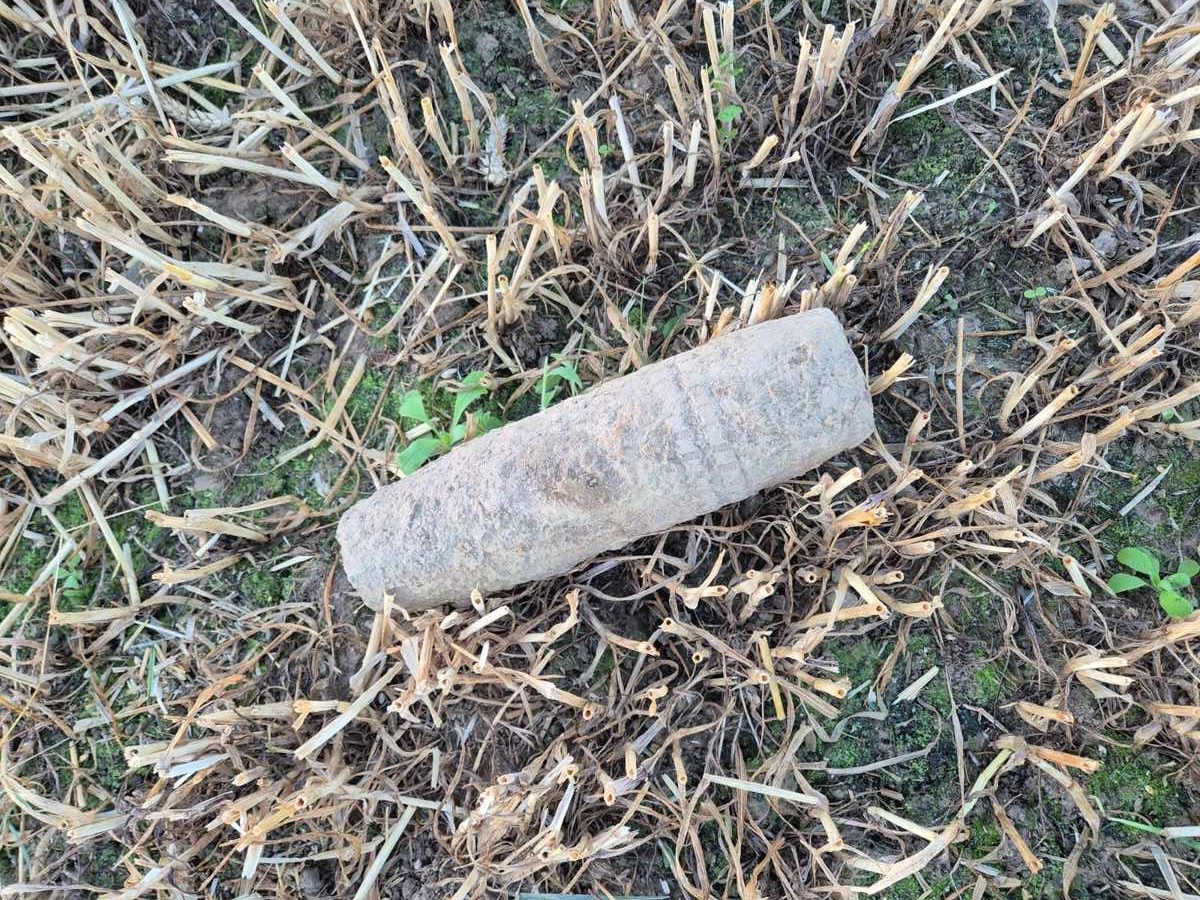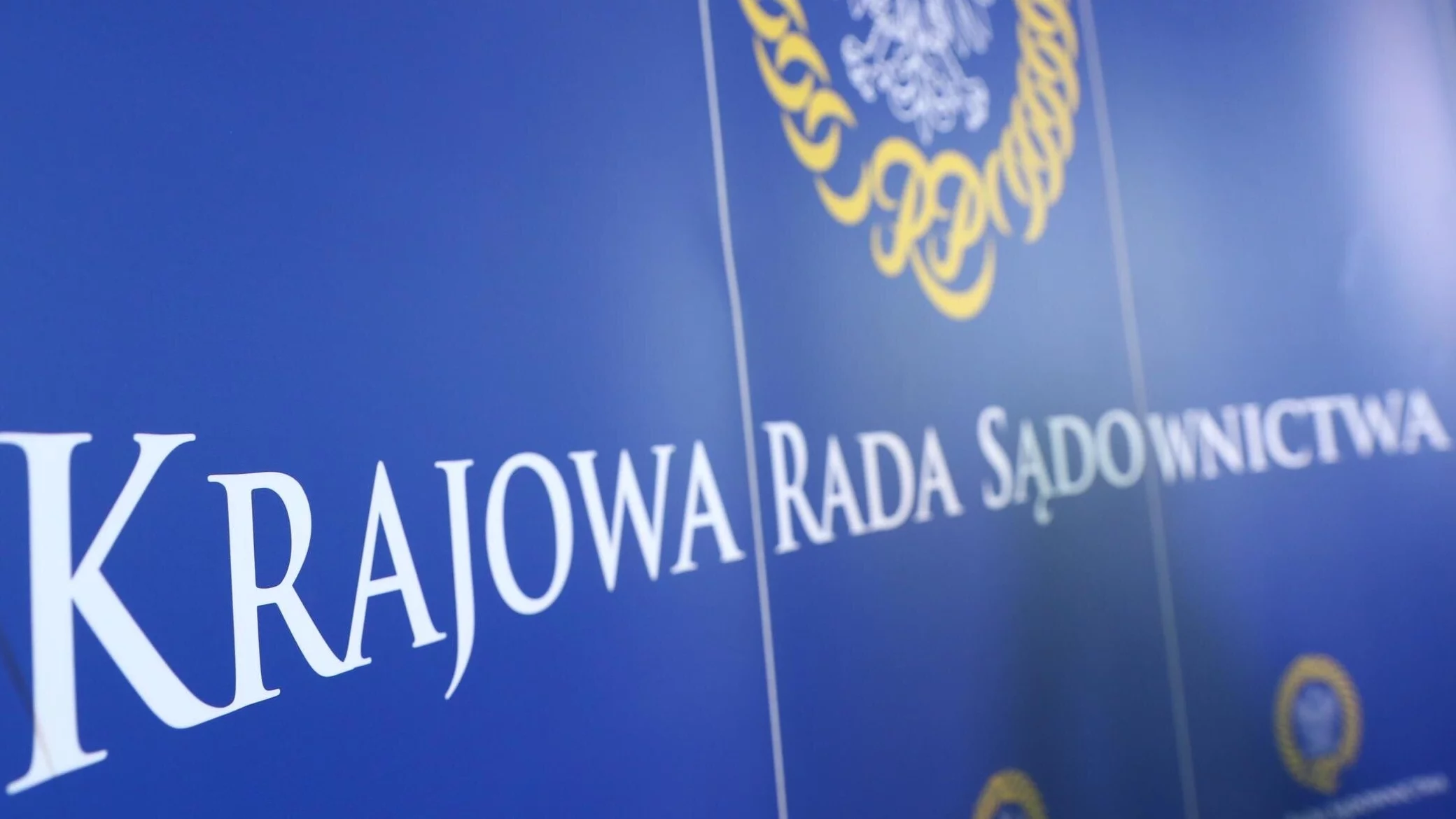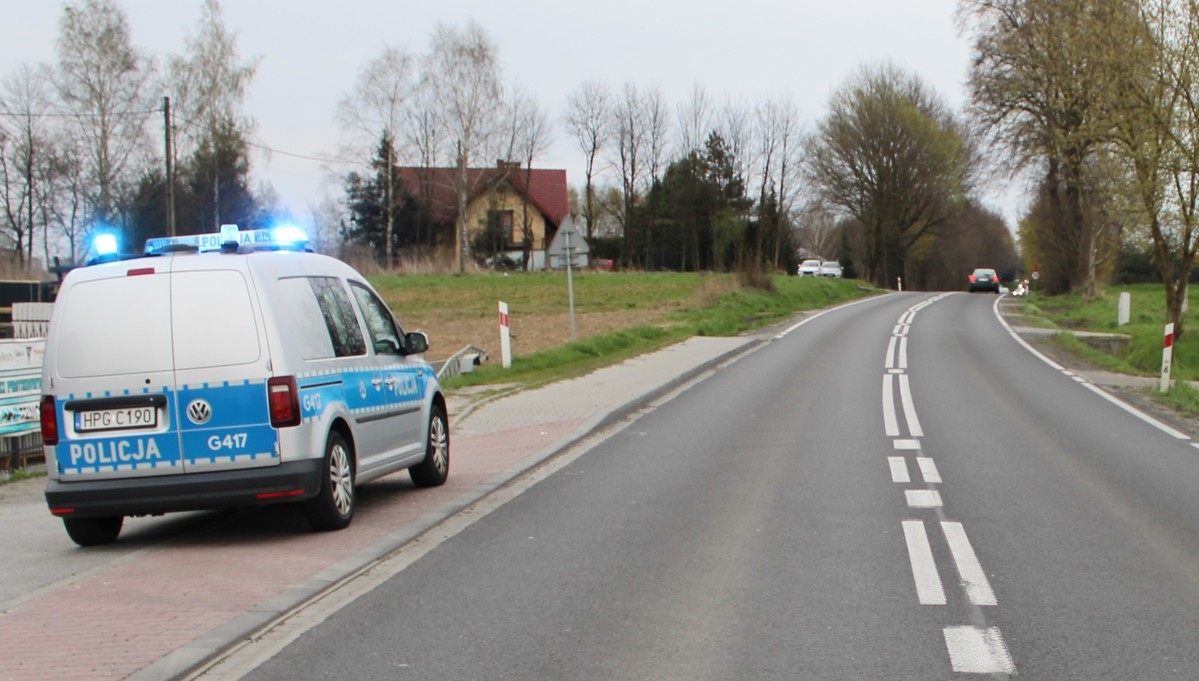As of 15 April in Sudan, interior battles have been underway between the army and the fast Support Force (RSF) that jointly overthrow the civilian government of the country in the post of October 2021. At least 559 people have been killed and 4,000 injured as a consequence of the fighting. 100,000 Sudanese people left the country as a consequence of the conflict, fleeing to Egypt, Chad and South Sudan, and respective 100 1000 became interior refugees.
Internal conflict background
The conflict broke out against the background of the implementation of an global plan to transfer power in the country to civilians, which was planned to be carried out at a peculiar summit on the next anniversary of the overthrow of Omar al-Bashir on 11 April 2019. The issue of the inclusion of the RSF in the structure of the Sudan Armed Forces (SZS), the establishment of a chain of command in specified a renewed army and the principles of civilian sovereignty over the SZS was the subject of the dispute.
SZS commander and at the same time president of the country's power since 2021 of the Provisional Sovereign Council (TRS) General Abdel Fattah al-Burhan accused RSF of illegal mobilization. In turn, Deputy General A. Fattah al-Burhana in the TRS and at the same time Commander of the RSF General Mohamed Hamdan Dagalo, known as Hemedti, accused Army Command of plotting with supporters of O. al-Bashir to intercept full power.
Hemedti is politically allied with the coalition of the civilian Forces for Freedom and Change (SWZ) parties, which participated in the exercise of power along with the military between the conclusion of the August 2019 civilian release agreement, following the overthrow of O. al-Bashir in April 2019, and the October 2021 military coup.
The RSF grew up as a formation from among the genjavids fighting from 2003 to 2020 on behalf of president O. al-Bashir against rebels in Darfur in western Sudan. The Genjavid run resulted in the deaths of 300,000 inhabitants of the region and 2.5 million refugees. The global Criminal Court then accused Sudanese authorities and genjavid commanders of committing war crimes, crimes against humanity and genocide crimes in Darfur. Despite this, the RSF began to service as a border defender in subsequent years to defend Sudan against illegal immigration, in 2017, obtaining, despite opposition from the army, the statutory legitimacy of its organization separateness.
The founder of RSF Hemedti, became in connection with the function of the subordinate forces during the last years of the regulation of O. al-Bashir, 1 of the most powerful men in Sudan, taking gold mines, pastures and infrastructure investment contracts with the government's permission. According to Western analysts, Hemedti, traveling around the country in a quasi-election run expression in fresh months, was to strive to become a civilian politician and power dispatcher, pushing the loyalists O. al-Bashir aside and associated with the army of the Kombatant environments. For this reason, the process of transferring power to civilians was resisted by Baszirovist loyalists and veterans.
Interests and Goals of the West
The overthrow of O. al-Bashir and the dismissal from the power behind him de facto the Muslim Brotherhood supported the West. After the military coup of 2021, he then halted aid and supported mass street protests that then spilled on the streets of Khartoum. The West is presently sponsoring the process of handing over power to civilians. Following the October 2021 coup, the African Union (AU) besides suspended Sudan in the rights of its member.
The United States, the United Kingdom, Saudi Arabia and the UAE form the alleged Quad Group, patronizing the process of handing over power to civilians along with the UN, the AU and the Intergovernmental Authority on Development, the IGAD, the regional trading block of the 4 countries of the Horn of Africa: Ethiopia, Eritrea, Djibouti and Somalia; 2 states of the Nile Valley: Sudan and South Sudan, and 2 states of the large Lakes Region of Africa: Kenya and Uganda.
It is besides crucial for the US and the UK and Israel to keep Sudan in the "Abraham Agreements" signed in January 2021 on the normalisation of Khartoum's relations with Tel Aviv. However, erstwhile Israeli abroad Minister Eli Cohen arrived in Sudan on 2 February 2021 and exchanged a handshake with General A. Fattah al-Burhanem, Hemedti stated that he did not know about the visit and did not meet with the Israeli delegation, which gave the impression that he wanted to distance himself from the agreement.
France was removed from Mali by the Wagner Group, after being conducted under the leadership of the Russians of the coup in that country in May 2021. Mali must have left 4,500 French soldiers at the time. In January 2023, most likely besides under the influence of "vagners", French soldiers removed Burkina Faso from their territory. In this situation, Paris seeks to influence the situation in Sudan through the UN and the AU, calling on its abroad minister Catherine Colonna to halt fighting immediately, and with the mouth of his MFA spokesperson Anne Claire Legendre announcing the evacuation of his citizens.
Arab interests and objectives
Saudi Arabia and the United arabian Emirates (UAE) were besides active in supporting forces that replaced O. al-Bashir and the Muslim Brotherhood, investing in Sudanese agriculture and ports on the Red Sea. In December 2021, the UAE announced a task to build a fresh port on the Sudanese coast of the Red Sea. Both Riyadh and Abu Dhabi are curious in obtaining food in Sudan and exporting it through their leased ports. For Riyadh, the Prince of the Crown and Prime Minister Mohammed bin Salman, the influence in Sudan is even a substance of strategical food safety of Saudi Arabia. For this reason, Riyadh and Abu Dhabi fear installation on the Sudanese coast of Turkish or Russian bases.
Sudan is so the actual food base for the Gulf Cooperation Council (CoP) countries of Saudi Arabia, the UAE, Bahrain, Qatar, Kuwait and Oman. The RPP imports 85% of its food, including wheat, sorghum and sugar from Sudan. After a Russian attack on Ukraine, Khartoum announced securing wheat supplies for the arabian world. Sudan's transformation into a "food basket" for the arabian planet has been underway since the 1970s, but has not yet been achieved due to the political instability of the country.
However, in June 2022 the UAE announced the construction of a fresh port on the Sudanese coast of the Red Sea as part of its $6 billion investment and aid programme, under which 300 million. USD was besides to be deposited in the Central Bank depository in Khartoum. The Saudi Public Investment Fund, in turn, offered a USD 24 billion investment task in October 2022, which would be implemented by six companies in the industry, including infrastructure, real estate, mining, agricultural and machinery.
Sudan formally participated, in turn, in the 2015-2019 Saudi coalition intervening against Hutim in Yemen, although his ‘participation’ actually came down to the fact that the Arabs kidnapped behind the silent approval of the government in the Khartoum of young Sudanese, then sent to the front as forced soldiers. Members of the RSF participated in the fighting on the Yemeni Front in a akin way, against which Hemedti took part in the Cordian relations especially with the UAE.
Interests and Goals of Egypt
Excluded from the format of Quad Egypt, where, under the silent blessing of the West, the army under the command of Gen. Abdel Fattah el-Sisego alienated them from power from the Muslim Brotherhood and replaced them with its own dictatorship, supports the SZS, Gen. A. Fattah al-Burhan and the loyalists of Fr. al-Bashir, recognizing them as little evil than the democratisation of their confederate neighbour. Since mid-April, General A. Fattah al-Sisi has been able to accept General A. Fattah al-Burhan in Cairo 3 times.
Cairo is besides conflicted with the RSF against the background of the Ethiopian large Rebirth Dam task on the Nile. 95% of the Egyptian population lives in a narrow river strip along the Nile and depends entirely on the availability of the water of Africa's longest river. president A. Fattah al-Sisi so announces "a fight for all drop of water"Nil. On April 21, however, the RSF took over Egyptian Mig-29M2 fighters stationed in Meroe, 150 km. north of Khartoum, to deter Ethiopia. 200 Egyptian soldiers and members of the method support squad were subsequently released to Egypt, nevertheless the aircraft were destroyed.
Interests and objectives of Turkey
On 20 April, Turkish leader Recep Tayyip Erdoğan held telephone calls with both Gen. A. Fattah al-Burhan and Hemedti, offering direct negotiations of the parties in Ankara, however, his proposal was rejected. Before 2019, Turkey supported O. al-Bashir while providing humanitarian aid to Darfur during the 2003–2020 war there.
The RSF, in turn, fought in Libya alongside General Khalifa Haftar of the Libyan National Army (LAN) and Wagner Group (on the side of Turkey's government in Tobruk), and against Turkey's Government of the National Agreement (government in Tripoli). The overthrow of O. al-Bashir is seen in Ankara as an undertaking of the Sauds, the UAE and Egypt, whose relations with Turkey in 2019 were besides strained.
Turkish influences in Sudan reached their apogee during R. T. Erdoğan's 2017 visit to Khartoum, erstwhile a contract was subsequently negotiated in January 2018 for the lease by Sudan of the islands of Sawakin in the Red Sea, where the logistics center of African pilgrimages to Mecca and Turkish military base was to be established. 22 Sudanese-Turkish military and economical cooperation agreements were besides signed. besides in January 2018, 1 of the Turkish companies received 1.1 billion. USD contract to build a fresh airport in Khartoum.
At present, Ankara is trying to preserve the contracts negotiated in O. al-Bashir's time, pragmatically seeking to scope an agreement with the current Sudanese authorities, including the RSF, supporting the beginning of its overthrown president. The Turkish abroad Minister Mevlüt Çavuşoglu seems to draw conclusions from Ankara's failure to engage in supporting the arabian Spring after 2011 and adopt a more pragmatic line of agreement with existing mediate East governments.
Already in May 2021, Turkish Vice president Fuat Oktay accepted in Ankara Hemedti and then in August besides General A. Fattah al-Burhana. fresh agreements were signed and Turkey leased 100,000 hectares of farmland from Sudan. However, it seems that Turkey's task to lease Sawakin islands and build Turkish military training centres in Sudan has been suspended. common trade besides decreased markedly – in 2022 it was only USD 680 million, while in the reign of O. al-Bashir it amounted to USD 10 billion per year.
In the long term, however, R. T. Erdoğan is closer with Gen. A. Fattah al-Burhan than with the latter's challenger than “Islamists”, attacking the Muslim Brotherhood and having close relations with the UAE Hemedti. If Hemedti had mastered the confederate provinces of Sudan and Darfur, they would have evolved into a logistical basis for the fighting Libyan allies of Turkey's LAN. Hemedti besides tries to gain the support of the West and seeks contacts with Israel, presenting himself as a spokesperson for Sudan's democratisation and a fuse against illegal immigration into Europe.
Ankara's turn towards Gen. A. Fattah al-Burhan could paradoxically lead to its rapprochement with Cairo, Ankara's relations with which they were marked by resentment and periodically even rather strained since the overthrow of president Muhammad Mursi in Egypt in July 2013. Another scenario, however, is possible, due to the already indicated pragmatism of Hemedti, who could warm relations with the patron of the Muslim Brotherhood emir Qatar Tamim ibn Hammadem al Sanim, praising him for organizing the football championship in 2022.
Interests and objectives of China
Like Turkey, China has taken a cautious stand against the battles in Sudan, with 130 companies doing business in the country and 1,5 000 Chinese citizens residing at the time of the start of the fight. China signed oil acquisition agreements with Sudan in 1994 and 1996 and China National Petroleum corp gained 40% stake in Sudan's oil consortium. In 2010, the value of Chinese imports of Sudanese oil reached USD 1 billion. Beijing's interest in Sudan fell with the secession in 2011, South Sudan, in whose territory most Sudanese oil deposits were located. The value of Chinese loans to Sudan fell from US$6 billion in 2003-2010 to US$143 million in 2011-2018. Currently, imports of Sudanese oil China supplement with imports of Saudi and Russian oil.
Following the overthrow of O. al-Bashir, China maintained friendly relations with the fresh authorities in Khartoum, treating the country as the hub of its infrastructure network in the region. After the collapse of October 2021, the value of Chinese exports to Sudan was 1.82 billion. USD and the main export goods were motorcycles, tyres and footwear. The volume of Sudanese exports to China in turn amounted to 780 million in 2021. USD and main exports Sudan were nuts, cereals and another agricultural products. In November 2022 China and Sudan signed a US$17 million trade agreement and launched express global deliveries in common exchange. In 2022 China was Sudan's second largest trading partner and the volume of trade has since increased in fossil natural materials and agricultural products.
Interests and objectives of Russia
The confusion in Sudan to get a military base there on the Red Sea coast seeks to usage Russia – the lease agreements of part of Port Sudan for this intent were signed during his visit to Khartoum on 9 February 2021 by Russian abroad Minister Sergey Lavrow. Russia was besides to sale weapons to Sudan, and Wagner's Group, alongside Russia's supported LAN, is besides to be active in the current RSF fighting, besides providing it with rockets.
Wagnerovers were expected to train RSF as of 2017, but at the same time providing intelligence support to SZS. In 2018, in Sudan, he was to pay a visit to Evgeny Prigozin himself. According to their modus operandi, the “vagners” are besides to invest in the Sudanese mining industry, especially in gold mines. Turkey's commitment to Libya and Sudan is so at the hands of the US, which are trying to prevent Russian military bases from being installed in those countries and Russian mines being taken over.
Conflict potential
The struggles began by taking strategical positions in the capital (including the presidential palace and global airport) by the RSF. The command of 300,000 soldiers and dense equipment and aviation of the SZS considered the RSF to be rebels and announced their solution. Counting 100,000 soldiers and enjoying support, among others, in Darfur (where she fought against anti-government uprising from 2003 to 2020) The RSF accused General A. Fattah al-Burhan of destroying the country and called it a "criminalist".
The further course of the conflict will not be meaningless only due to the interests of external actors discussed above. Prolonged fighting can destabilise the neighbouring regions of the Sahel, the Nile Valley, the Horn of Africa and the Red Sea. Inhabited by the 46 million Sudanese people, in the event of falling into chaos, it will be the origin of increased exile force on neighbouring countries and Europe. There are sources of oil and natural gas as well as gold and manganese deposits in Sudan. In the first half of 2021, Sudan exported (mainly to the UAE) 16.7 tons of gold worth US$1 billion.
At the time of writing this text it seems that "stronger cards" have in the SZS conflict, which would besides indicate that they would paralyze the coup in Khartoum itself even in its earliest phase. However, Hemedti built a wider network of external contacts and seems to have more solid facilities, especially in Darfur. The most crucial actors (West, China, Turkey, RPP) seem to be striving to halt fighting and thus frost the conflict. In specified a situation, the RSF could be strengthened in the regions and the Sudanese state would undergo permanent political decomposition.
Ronald Lasecki


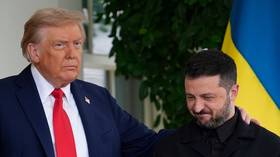




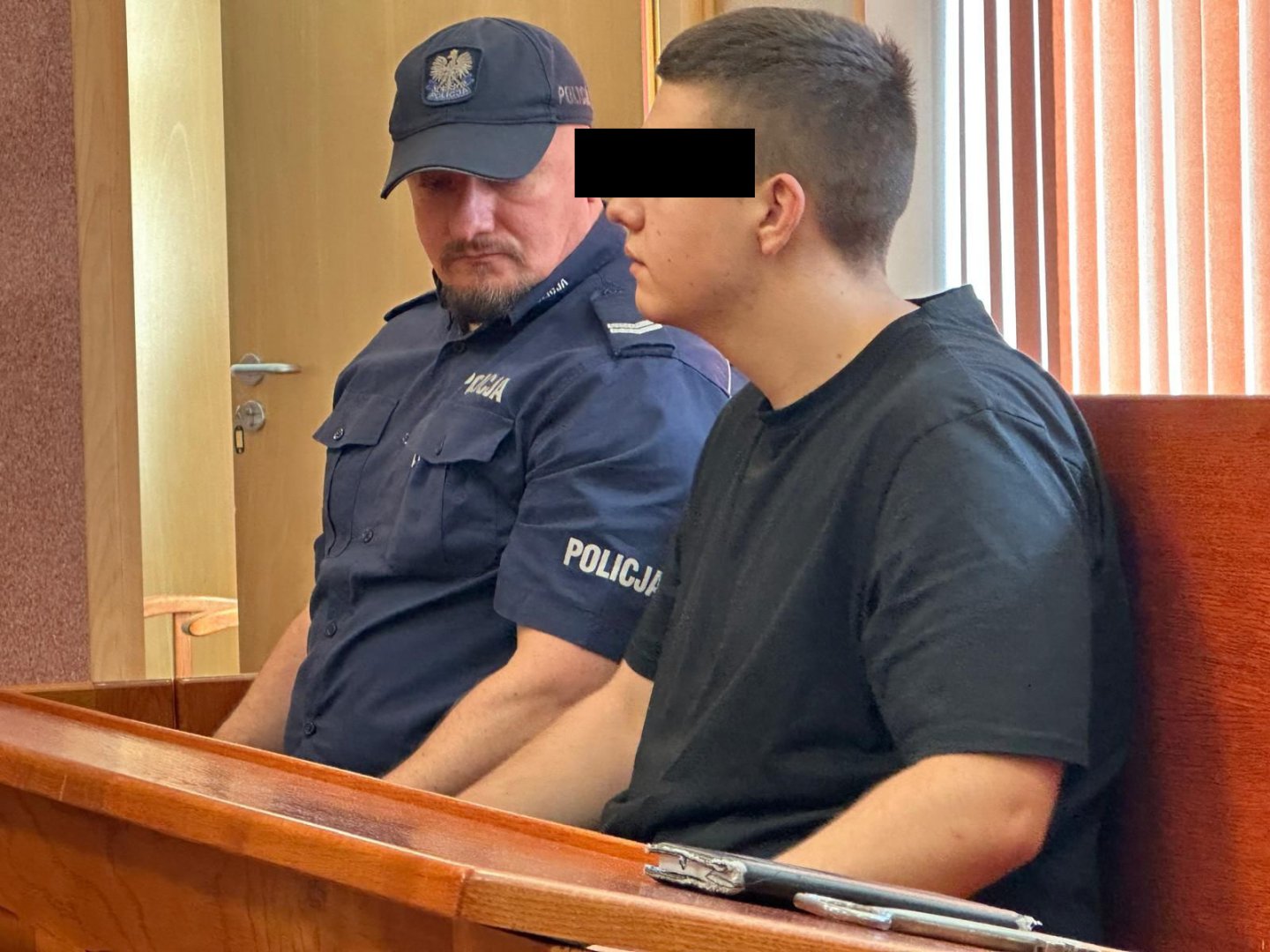
![Wręczali dzieciom 'opaski niezgubki’ [zdjęcia]](https://tkn24.pl/wp-content/uploads/2025/08/Opaski-niezgubki-2.jpg)
